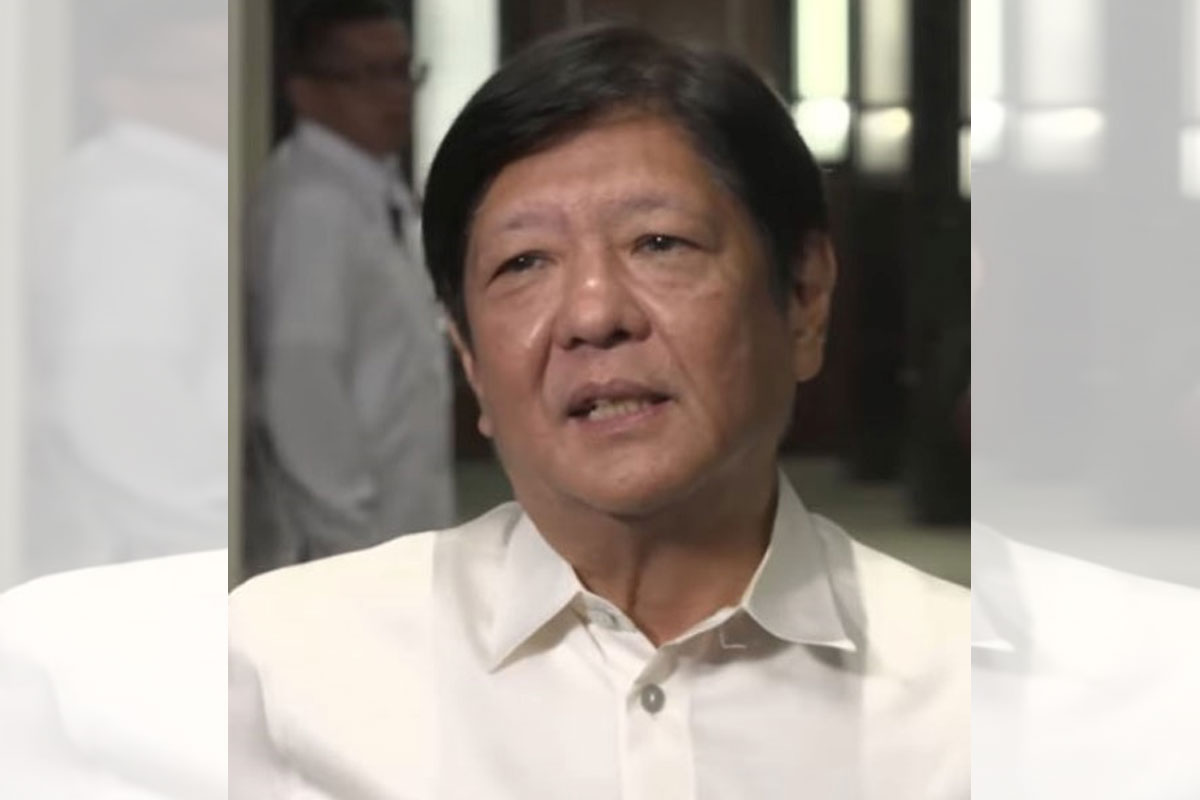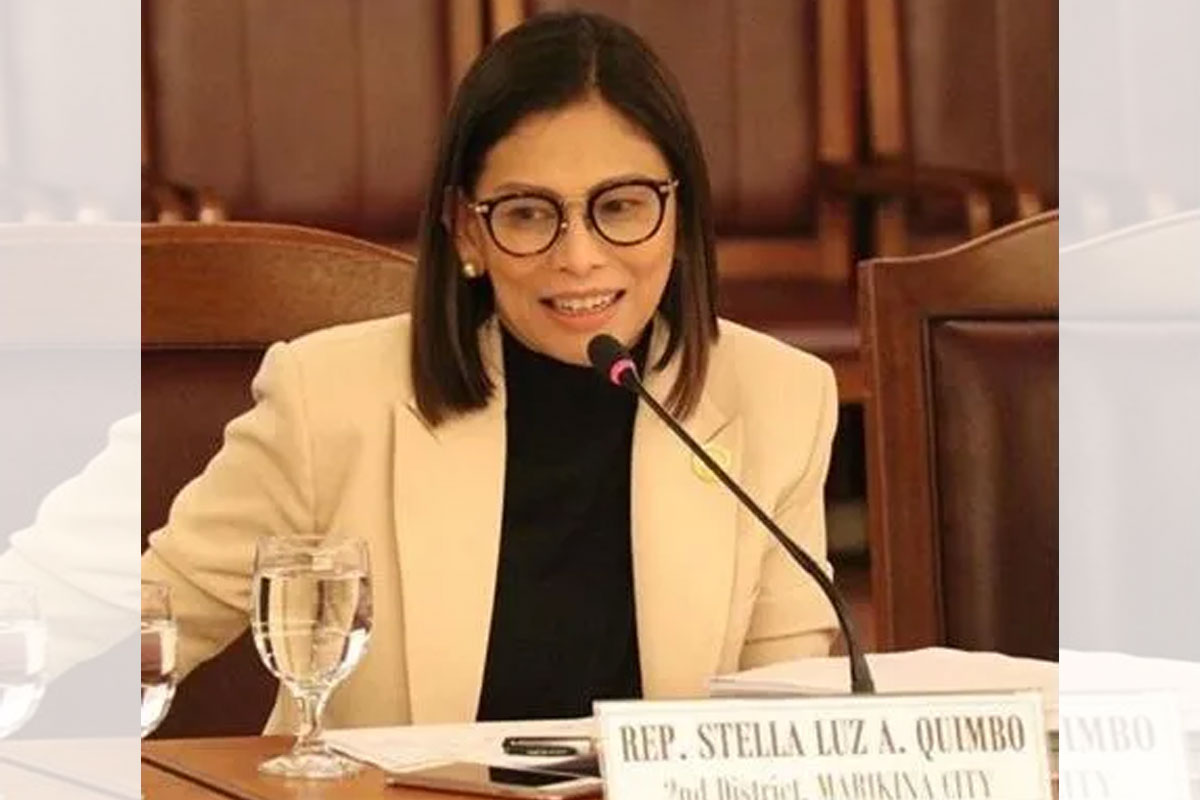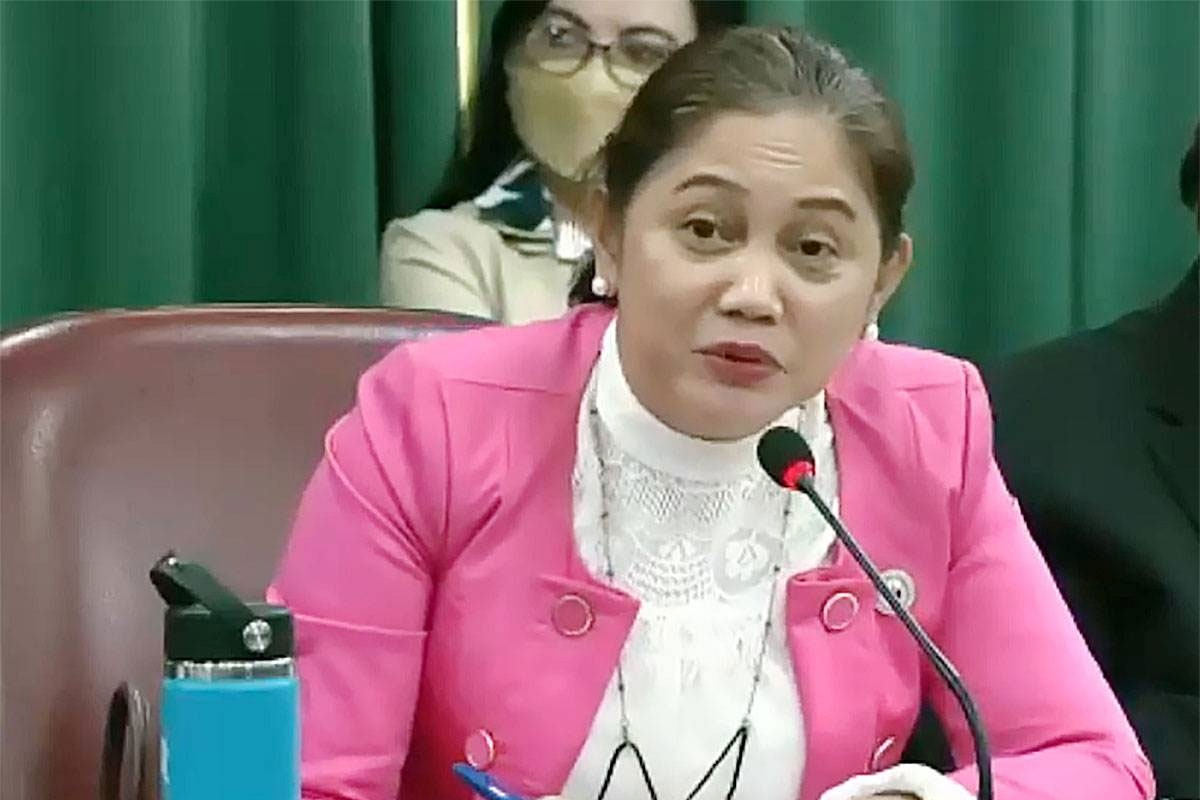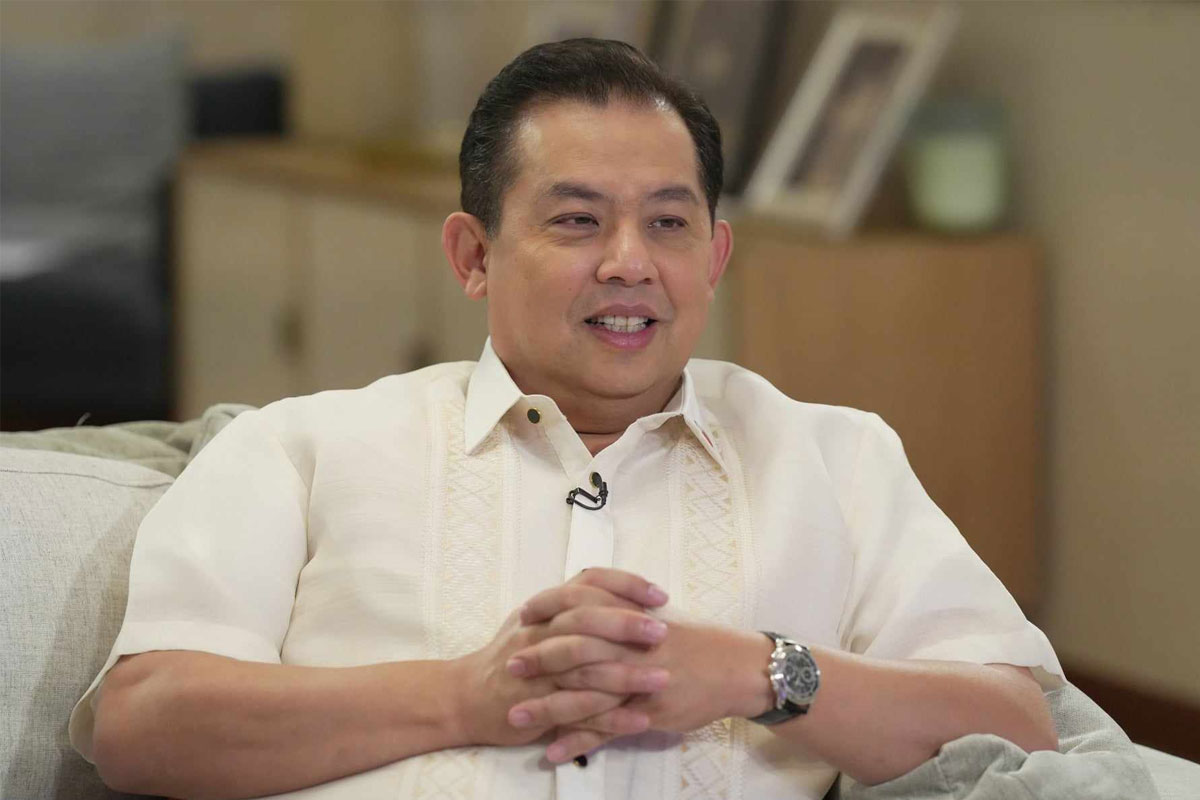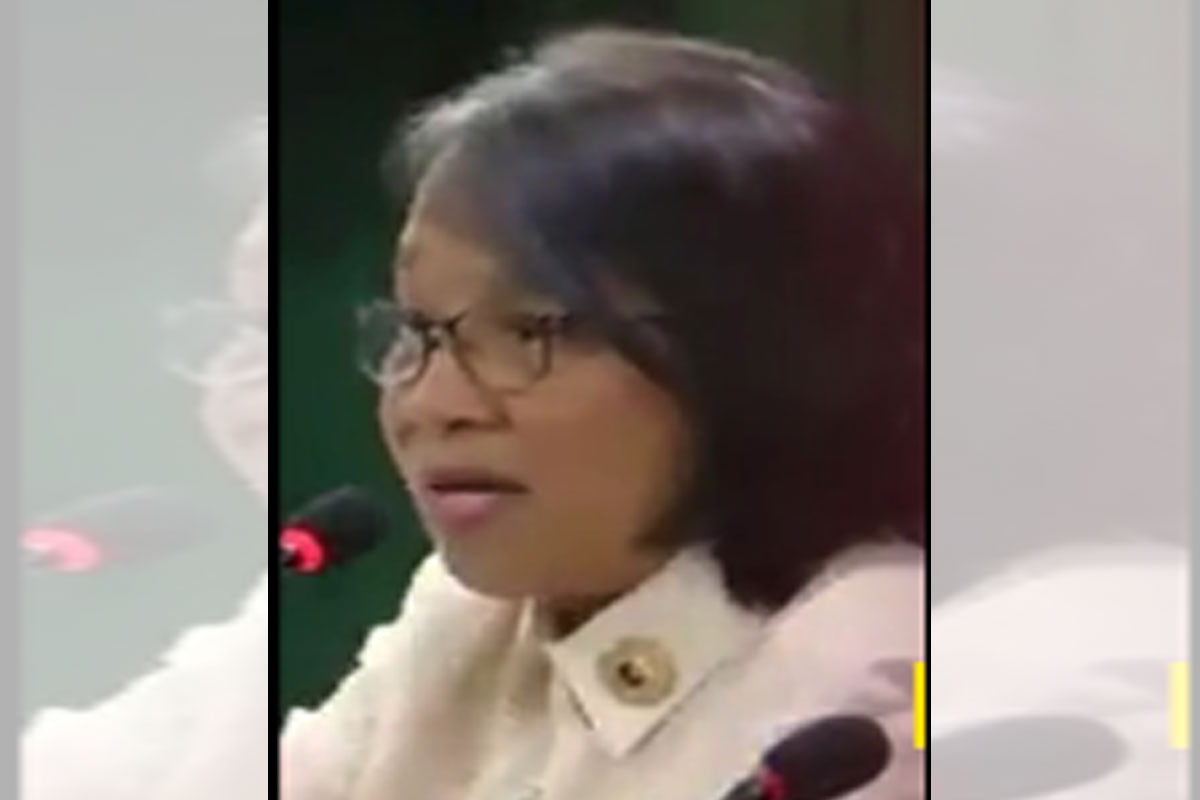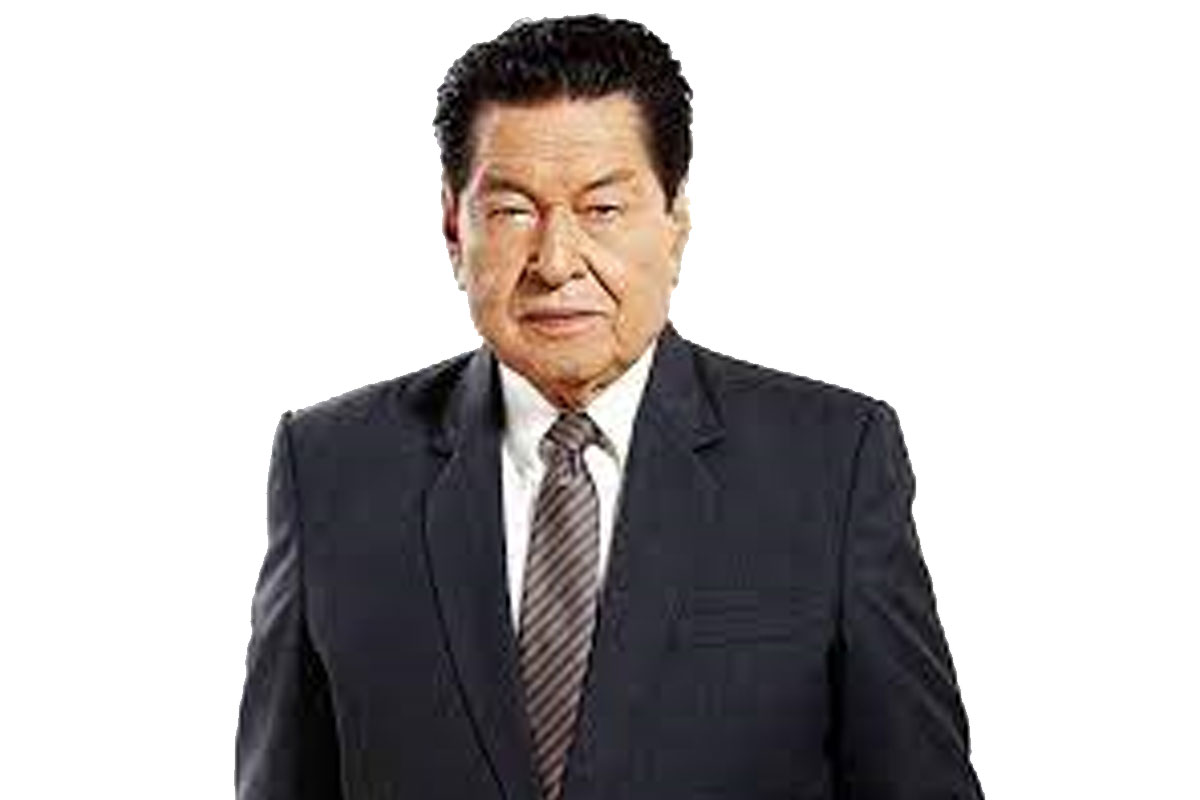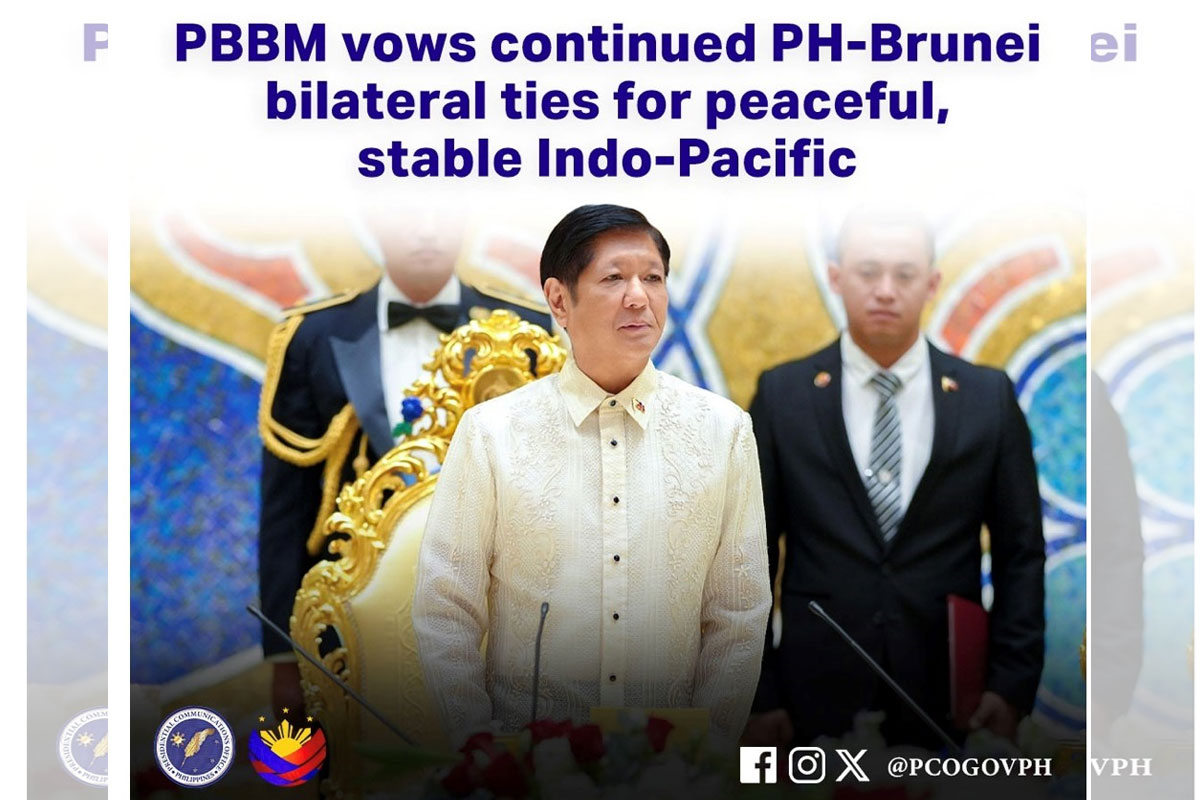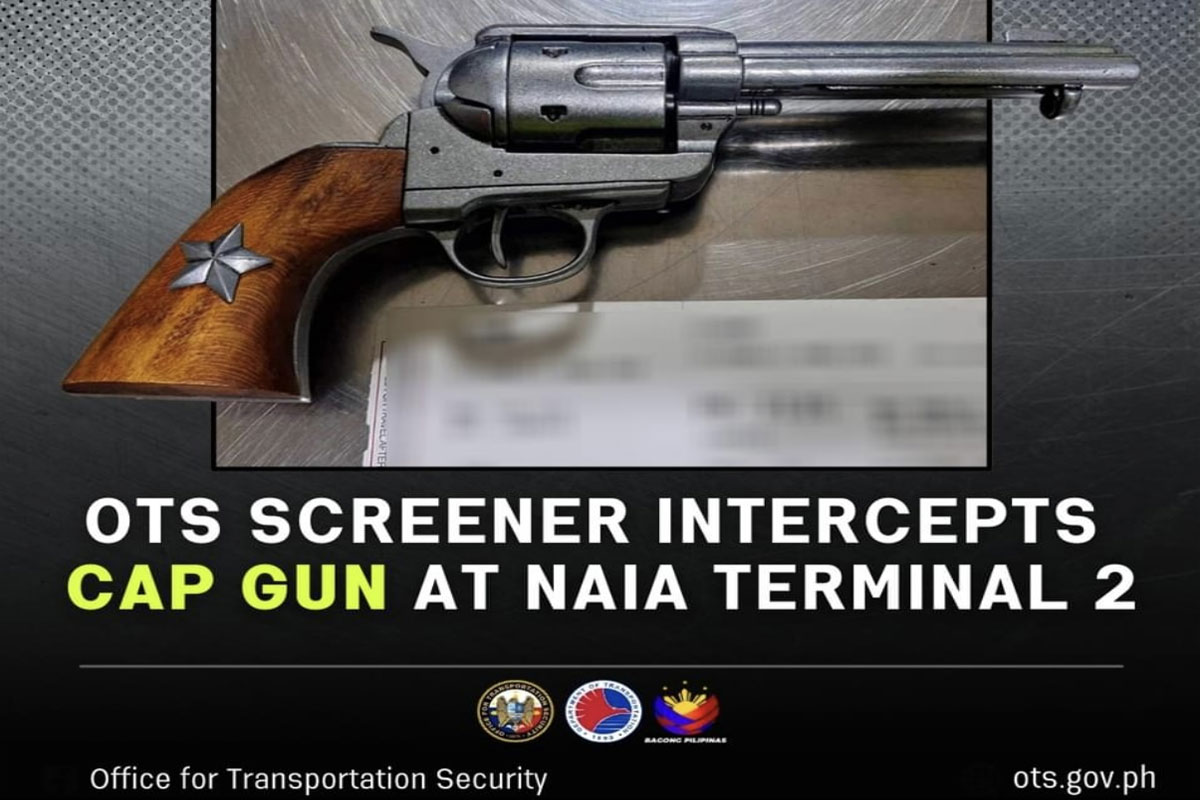
Floirendo acquitted, SC reverses Sandiganbayan
FORMER Davao del Norte Rep. Antonio Floirendo Jr. has been acquitted of criminal liability after the Supreme Court (SC) reversed the Sandiganbayan August 26, 2020 ruling finding him guilty of graft.
In a 29-page resolution dated January 23, 2023, the SC Second Division overturned the ruling of the Sandiganbayan Sixth Division that found Floirendo guilty of holding an unlawful financial interest in Tagum Agricultural Development Co. Inc. (TADECO), a private company owned by his family, which has an existing joint venture agreement (JVA) with the Bureau of Corrections (BuCor).
The High Court held that the defendant should have been acquitted based on insufficiency of evidence to prove violation of Section 3 (h) of RA 3019 or the Anti-Graft and Corrupt Practices Law.
It said the prosecution fell short in showing that Floirendo received any financial benefit from the 2003 JVA; that as a member of Congress, he committed acts showing financial interest; or that as an incumbent lawmaker, he did anything for or on behalf of the 2003 JVA.
“Failure to prove these requirements, the prosecution fails to overcome the accused’s presumption of innocence and his acquittal must necessarily follow,” the SC decision read.
“For these reasons, the instant Appeal is GRANTED. The Decision dated August 26, 2020 and Resolution dated January 22, 2021 of the Sandiganbayan are reversed and set aside. Accused-appellant Antonio R. Floirendo, Jr.· is ACQUITTED,” it added.
Floirendo was indicted by the Office of the Ombudsman for graft in 2018 based on a complaint filed in 2017 by then Speaker Pantaleon Alvarez.
Prosecutors said it was illegal for him to own financial interest in the JVA signed between TADECO and Bucor on May 21, 2003 because he was a sitting member of the House of Representatives at the time.
The 2003 document renewed the JVA for another 25 years covering tracks of land owned by BuCor and cultivated by TADECO as a banana plantation.
During trial, Floirendo admitted to owning 75,000 shares of TADECO but pointed out that this was equivalent to just 0.89 percent of the outstanding capital stock of the company. He also disclosed that he held 537,950 shares of Anflo Management and Investment Corporation (ANFLOCOR) which controls 56 percent of TADECO.
The Sandiganbayan found Floirendo guilty of having a direct or indirect financial interest in the 2003 JVA, which it said it prohibited under the 1987 Constitution since he was a sitting member of Congress.
He sought a review by the anti-graft court denied his motion for reconsideration on January 22, 2021.
Floirendo elevated the case to the Supreme Court anchoring his appeal on four main arguments.
First, he argued that the constitutional prohibition was not a blanket prohibition but was only meant to prevent conflict of interest for members of Congress where a privilege or franchise is approved by the government.
Second, that there is no violation of Section 3 (h) of RA 3019 if conflict of interest between the private affairs of a member of Congress and his performance of his official duties and functions cannot be shown.
Third, that the law did not require him to divest of his TADECO holdings since it is required only when a question of conflict of interest arises.
Lastly, that participation and criminal intent should be proven.
He argued that since he had nothing to do with the negotiation, approval, or implementation of the JVA, he said good faith and absence of criminal intent should be counted in his favor.
Declaring the appeal meritorious, the SC noted that the prosecution proved only the first two elements of the offense charged: that the accused was a public officer being then the Representative of the Second District of Davao del Norte; and that he owns shares in TADECO establishing his financial interest.
However, it sustained Floirendo’s contention that it was not an intention of the framers of the Constitution to impose a blanket prohibition against public officials – only where it can be shown that there was active participation or criminal intent to gain.
“The constitutional prohibition thus pertains to financial or monetary interest where there is an active participation or intervention that needs to be performed by the public officer for a pecuniary benefit. A financial interest indubitably refers to a monetary benefit or gain,” the High Court declared.
Since the prosecution has not shown that Floirendo had any direct participation in negotiating the JVA renewal, it followed that the prohibition does not apply.
“Verily, a conflict of interest situation occurs mainly when active participation is involved. If the public officer is not involved in advancing an interest, as when they have not actively participated in a transaction, then it cannot be said that a violation of the constitutional prohibition occurred,” the SC clarified.
“For the foregoing reasons, this Court cannot accept the Sandiganbayan’s view that the mere holding of an interest in a corporation to whom a contract was granted by the Government is enough to put a member of Congress within the purview of the constitutional prohibition,” it added.


